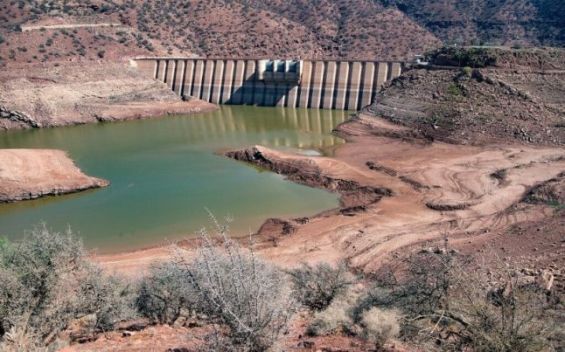The World Economic Forum (WEF) Global Risks Report 2024 paints a concerning picture for Morocco, with top threats arising from the ongoing drought and associated environmental challenges.
Published just before the Davos summit in January, the report identifies «economic contraction» as the Kingdom's most pressing danger, followed closely by «inflation».
Water scarcity takes the third spot on the list, followed by «inequality (wealth and income)» and «unemployment» rounding out the top five. Prepared in collaboration with Zurich Insurance Group and Marsh McLennan, the report draws on the insights of over 1,400 global risk experts surveyed in September 2023.
The WEF warns that «together, these environmental and planetary changes could radically impact economic growth and insurability over the next decade, driving food, water and health insecurity». Potential consequences, as noted in the report, include reduced agricultural productivity and even «simultaneous harvest failures in key regions».
«As an example, it cites studies suggesting that Greenland ice sheet melt could trigger droughts and agricultural losses in the Sahel region, coinciding with declining marine productivity in the North Atlantic», warned the same report.
Misinformation as a global risk
While Morocco's risk landscape focuses heavily on climate-related concerns, its neighbors experience different priorities. Inflation tops the list for Algeria, followed by infectious diseases, involuntary migration, and then unemployment and energy shortages.
For Tunisia, economic contraction takes the lead, followed by public debt, water scarcity, state fragility, and inflation. Spain also prioritizes economic contraction, followed by public debt, social cohesion erosion, labor shortages, and then inflation.
On a global scale, the WEF identifies «media misinformation» as the most significant threat for the next two years, particularly amidst heightened election activity and advancements in artificial intelligence.
The report emphasizes that «the widespread use of false and misleading information and the tools to spread it could undermine the legitimacy of elected governments». Notably, «societal polarization» and AI-generated misinformation join established concerns about «an ongoing livelihood crisis» as new additions to the 2024 risk landscape.





 chargement...
chargement...












